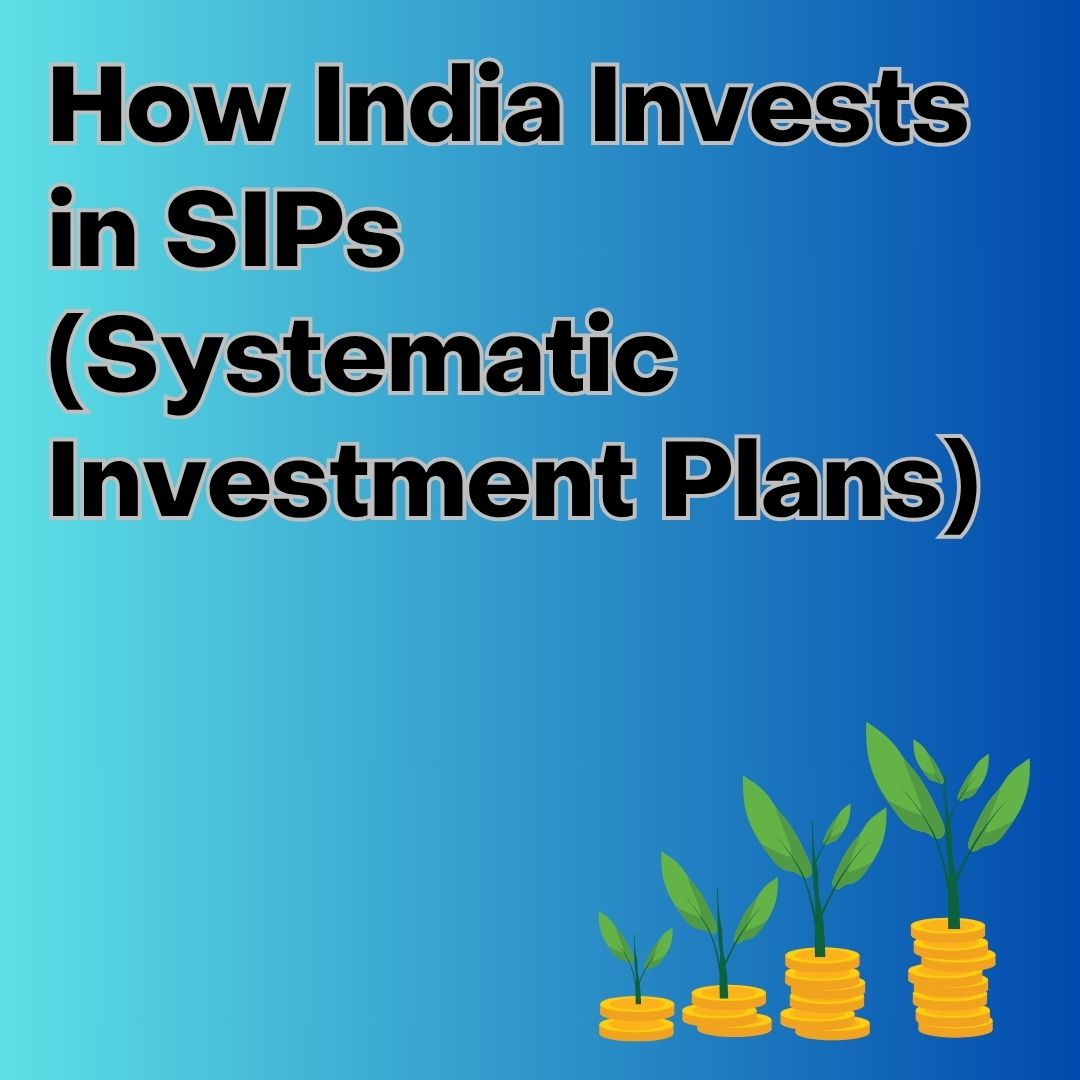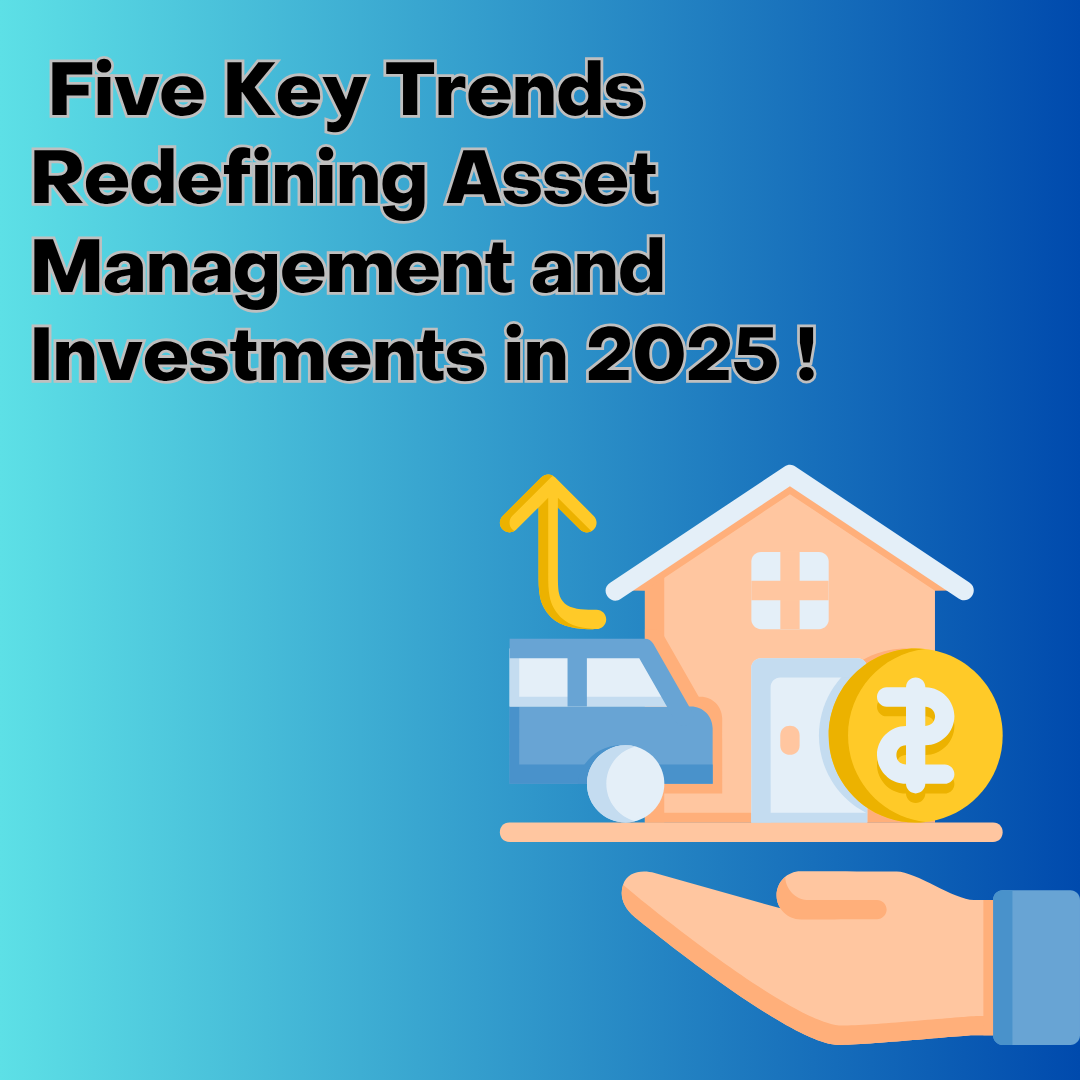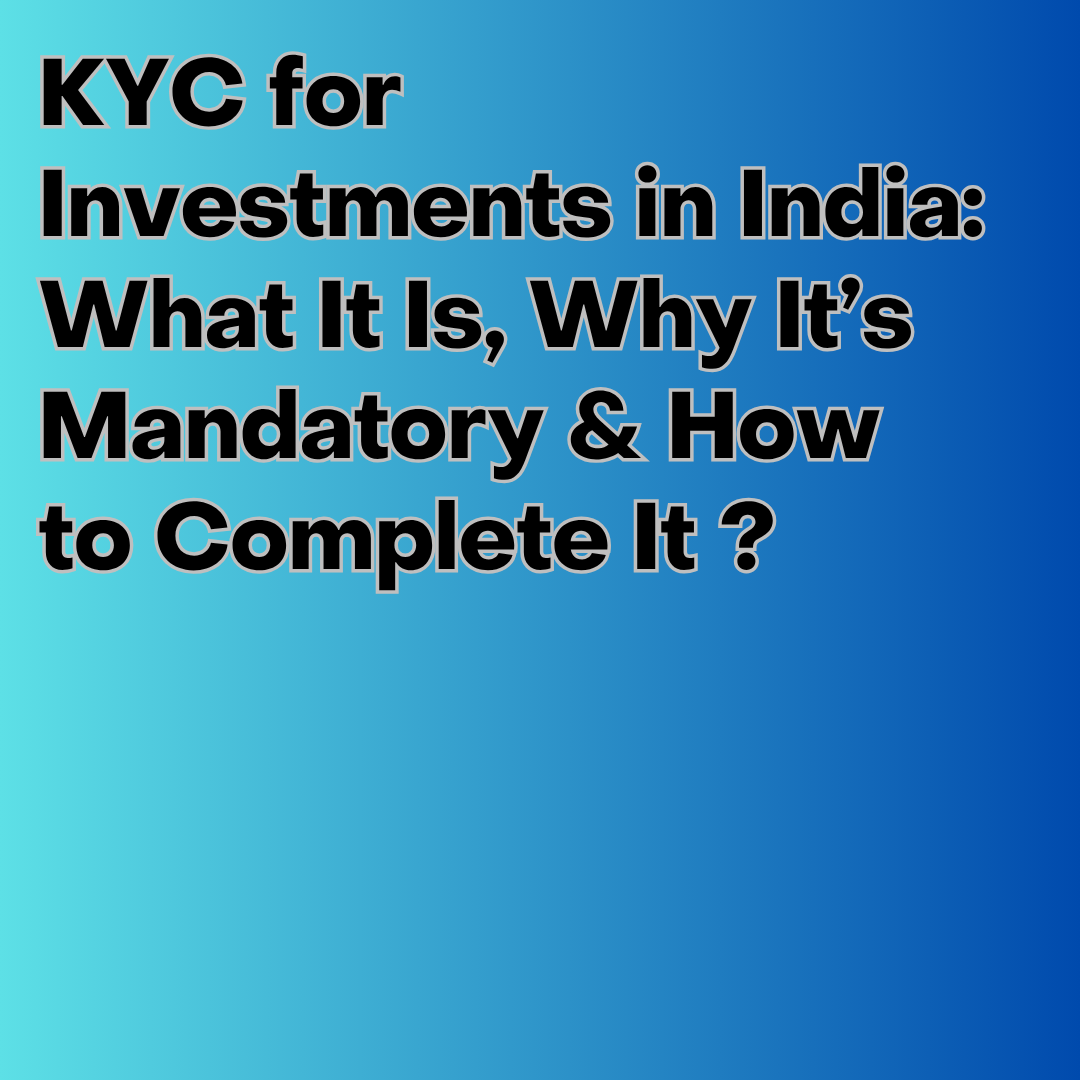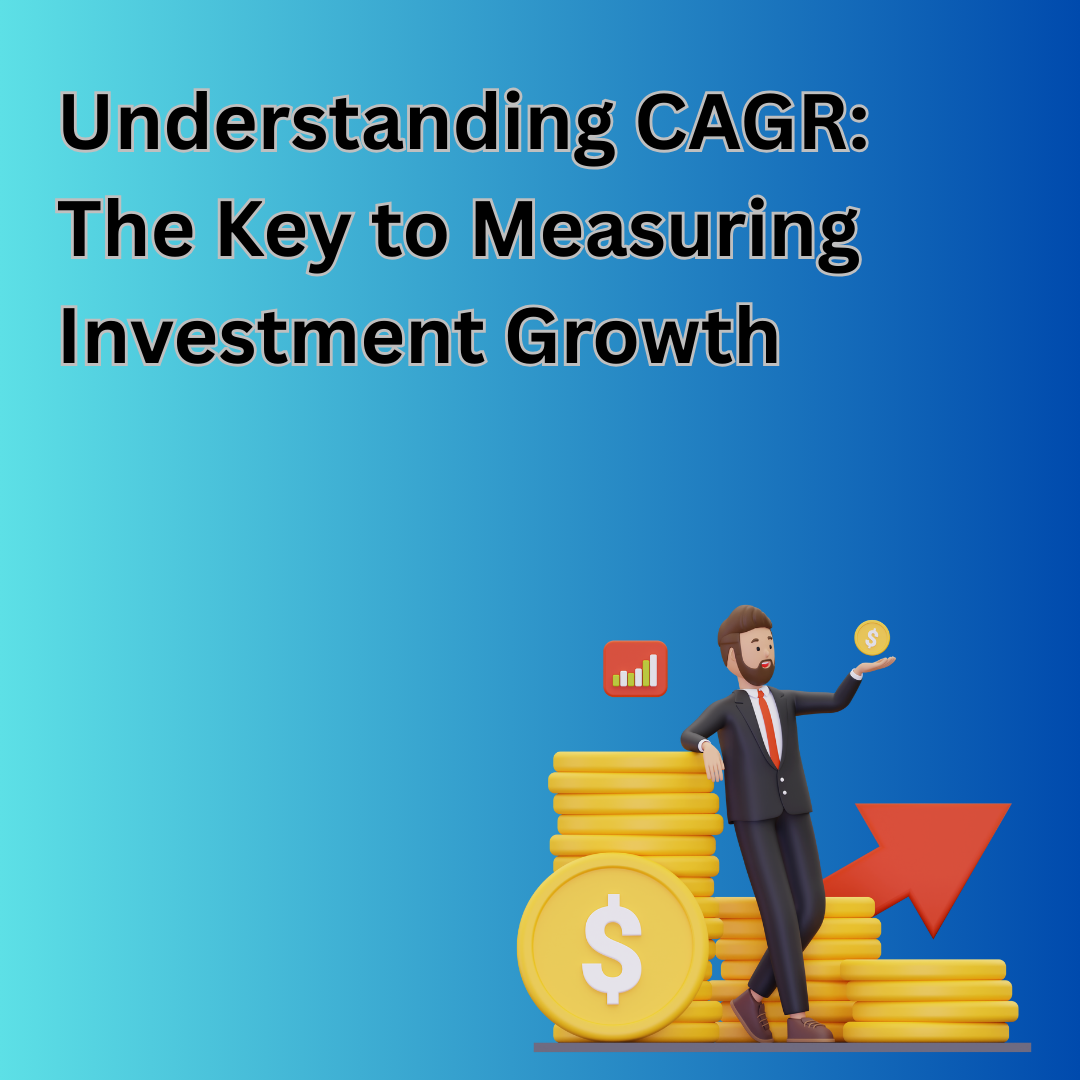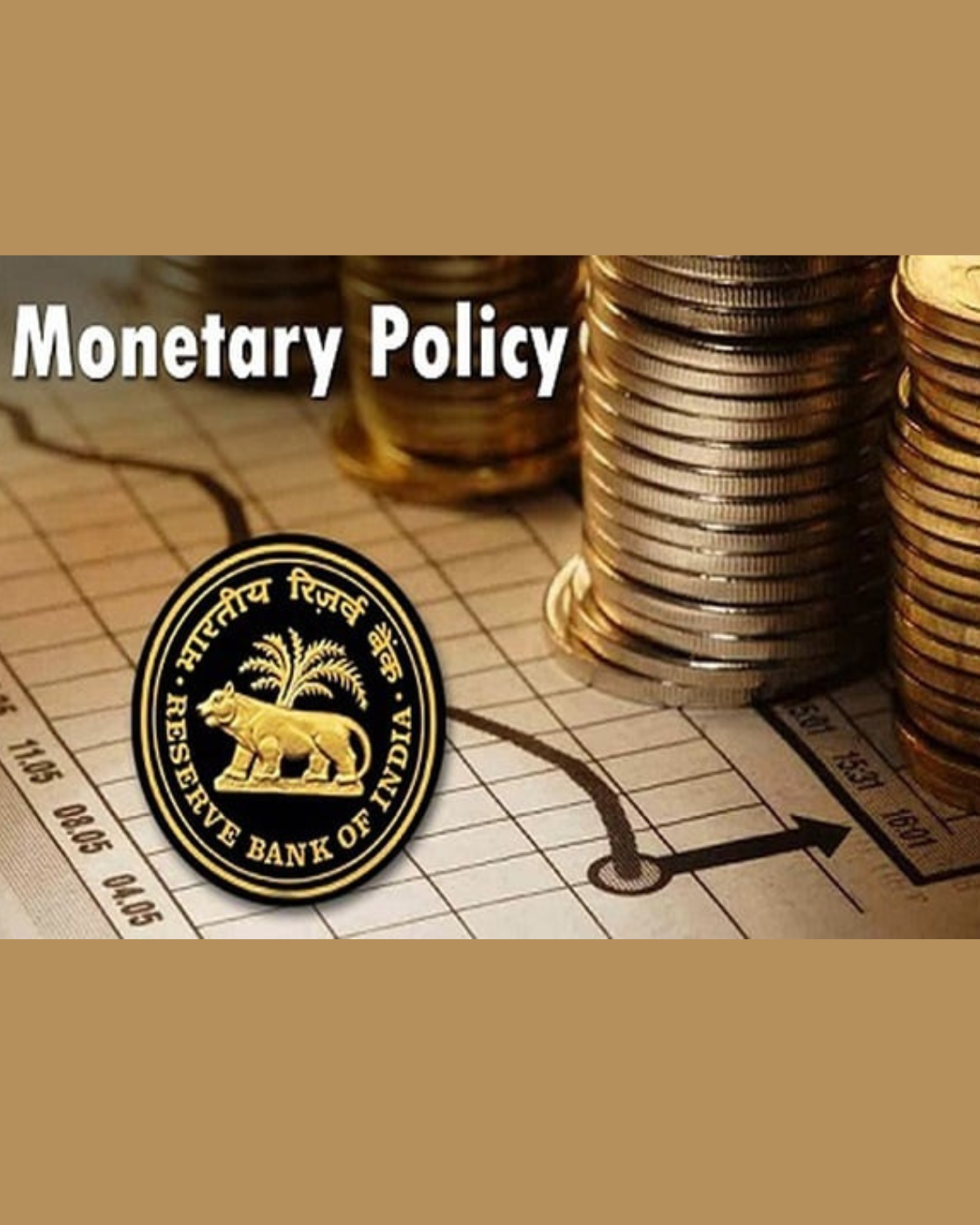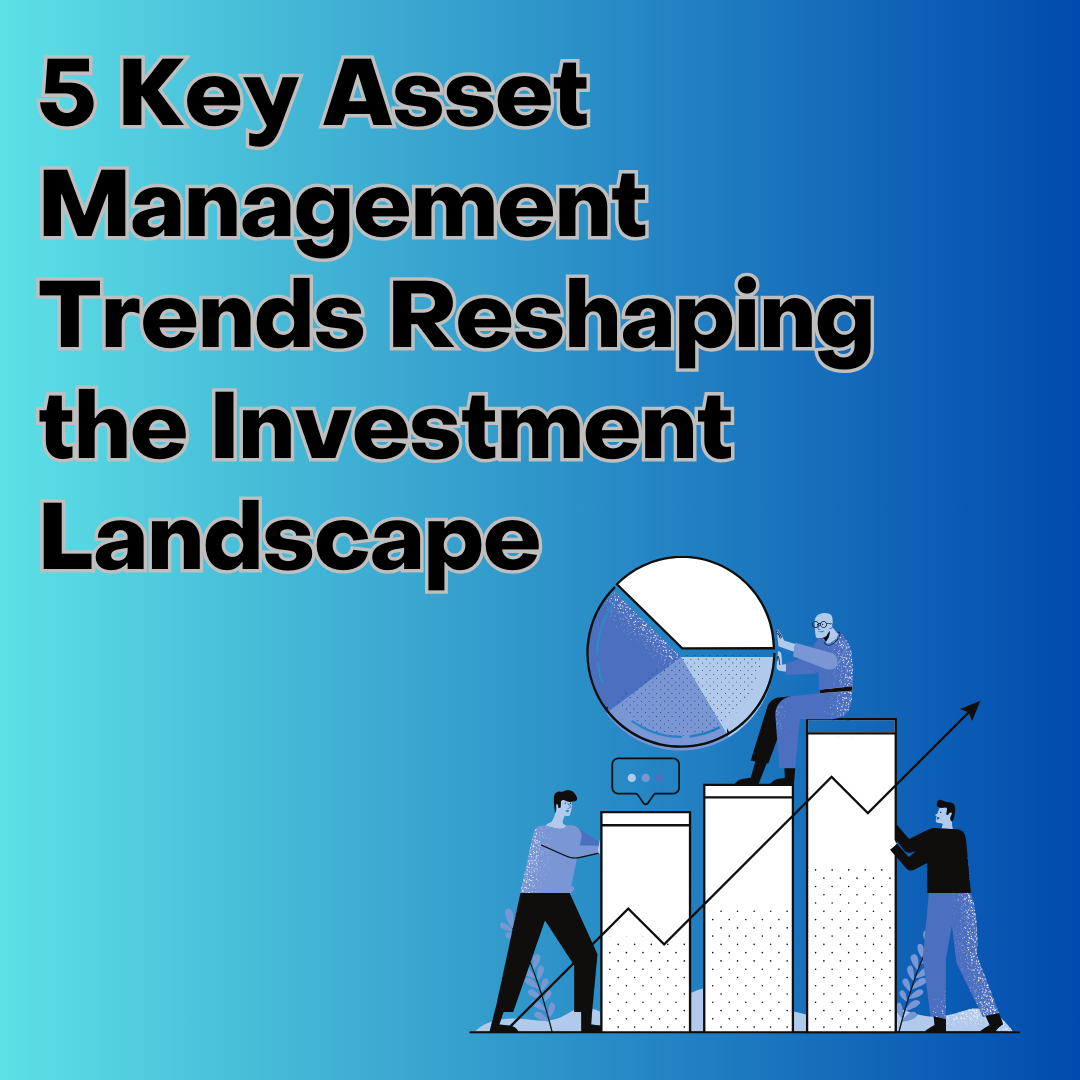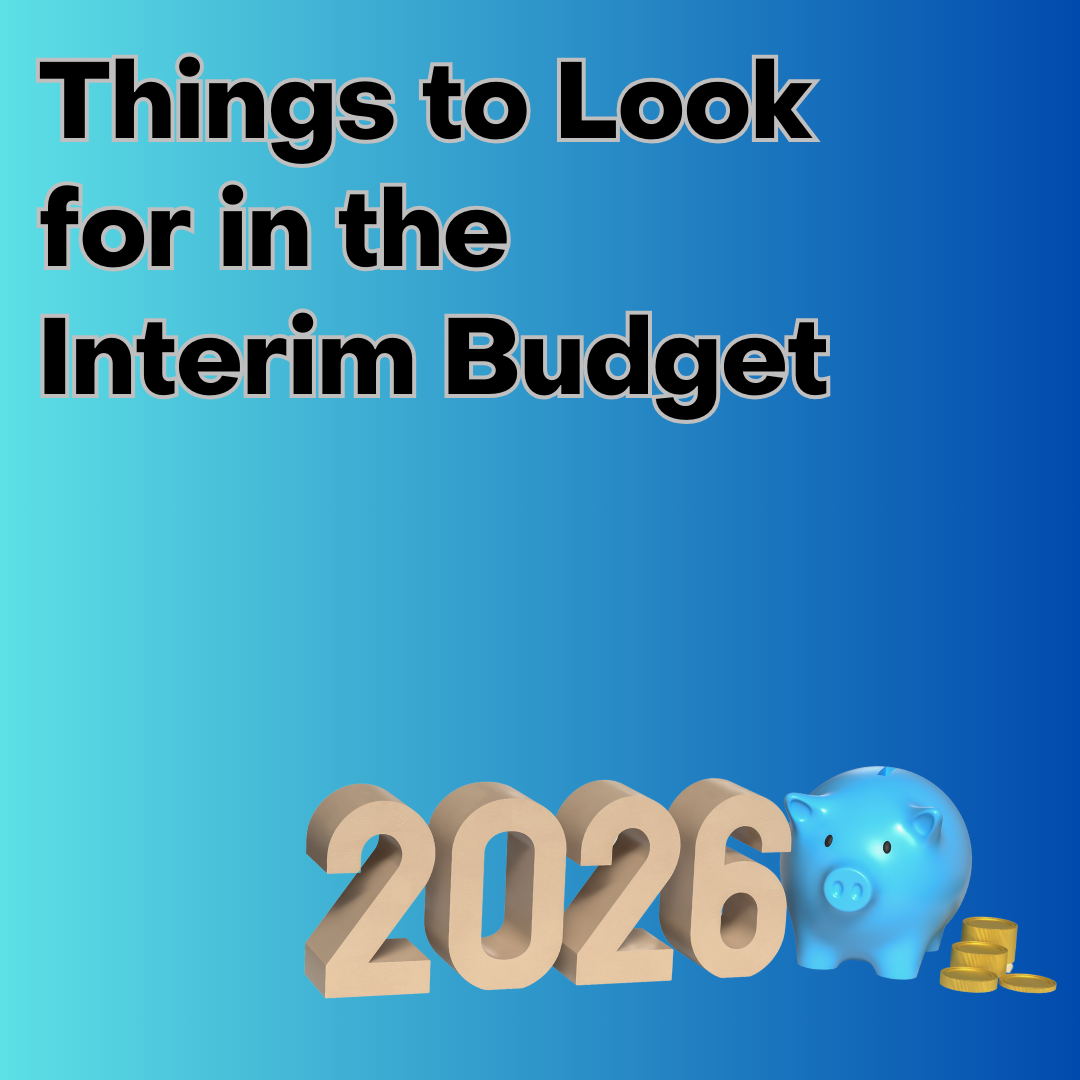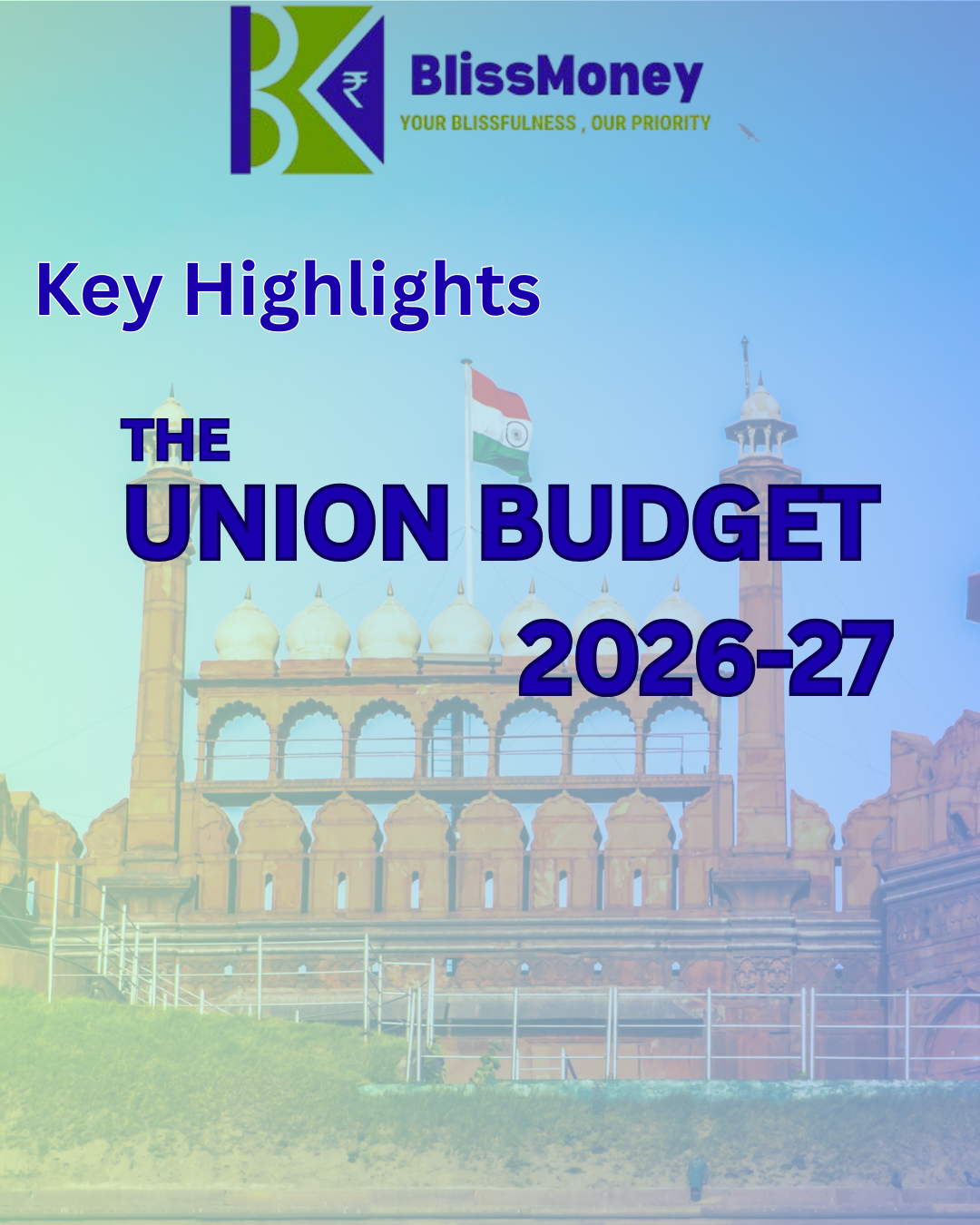All You Need To Know About Financial Decisions

All You Need To Know About Financial Decisions –
Imagine you're on a long road trip. You’ve got a full tank, a map, and your destination in mind. But as the journey unfolds, you’ll encounter crossroads, detours, fuel stops — and unexpected bumps along the way. That’s exactly what your financial life looks like.
And just like every great road trip, your financial journey needs smart planning, the right tools, and timely decisions to reach your goals safely and confidently.
As a CFA who’s helped hundreds of people make better financial choices, here’s what I believe everyone needs to know about managing money wisely.
1. Your Financial Life Moves in Stages – Plan Accordingly
Let’s begin with the big picture. Your financial needs don’t stay the same forever. What you need in your 20s is different from what you need at 45 or 65.
-
In your 20s–30s, the focus is on building a career, starting investments, and creating an emergency fund.
-
In your 30s–40s, family needs take center stage — home loans, children’s education, lifestyle upgrades.
-
In your 40s–50s, it’s all about securing retirement, managing tax outgo, and protecting wealth.
Post-retirement, preserving your savings and ensuring healthcare coverage become top priorities.
Each phase demands different financial decisions — so your strategy must evolve with your life.
2. Goals Are Your Financial GPS
Ask yourself: What are you working toward?
A house? Children’s education? Early retirement? Without a clear destination, even the best tools won’t help. That’s why setting financial goals is the first step.
Make them SMART: Specific, Measurable, Achievable, Realistic, and Time-bound.
For example, instead of saying “I want to save for a house,” say “I want to save ₹20 lakhs in 5 years for a home down payment.” That clarity shapes your plan, keeps you focused, and makes tracking progress easier.
3. Budgeting Isn’t Boring — It’s Powerful
Many people think budgeting means cutting back. But in reality, it’s about giving your money purpose.
When you know where every rupee is going, you can start aligning your expenses with your values and goals.
Whether you use a notebook, spreadsheet, or an app — a simple 50:30:20 rule works well:
-
50% for essentials,
-
30% for lifestyle,
-
20% for savings and investments.
Budgeting is how you create space for growth — without letting lifestyle creep take over.
4. Insurance First, Investments Second
Would you build a house without a strong foundation?
Many people jump into investing without covering basic financial risks — and that’s dangerous. Before you look at returns, ask: “Is my family financially protected if something happens to me?”
-
Health insurance shields your savings from medical shocks.
-
Term insurance ensures your family’s future is secure in your absence.
Avoid products that combine insurance with investment — they usually underdeliver on both fronts.
Only once you're protected should you start focusing on building wealth.
5. Investing Is About Purpose and Patience
The biggest misconception about investing is that it’s all about returns. It’s not. It’s about reaching your goals — safely and on time.
Your investment choice should match your goal timeline:
-
Need the money in 6 months? Go for liquid funds.
-
Saving for 3 years? Choose short-term debt or conservative hybrid funds.
-
Planning for retirement in 20 years? Option for equity mutual funds or NPS.
Start with SIPs. Be consistent. Let compounding do the heavy lifting.
Don’t wait for the perfect time — time in the market always beats timing the market.
6. Tax Planning Should Start in April, Not March
Most people rush into tax-saving investments at the end of the financial year — and end up making the wrong choices.
Tax planning should begin with your annual financial plan, not after it.
Use instruments that align with your goals:
-
ELSS (Equity Linked Savings Scheme) offers both tax saving and long-term wealth creation.
-
NPS is great for retirement and gives an extra ₹50,000 deduction.
-
Health insurance premiums, home loan interest, and education loans also offer deductions.
-
Tax efficiency is a key part of growing and protecting wealth.
7. The Most Expensive Mistakes Are Often Emotional
Here are some of the most common mistakes people make:
-
Following stock tips from friends or social media without research.
-
Buying insurance just for tax-saving, not protection.
-
Ignoring inflation while planning for the future.
-
Not reviewing their portfolio regularly.
Money decisions are emotional — but they should be data-driven.



